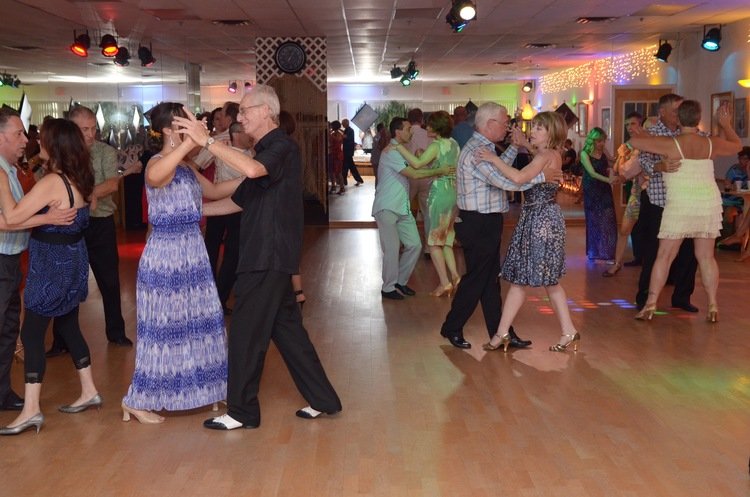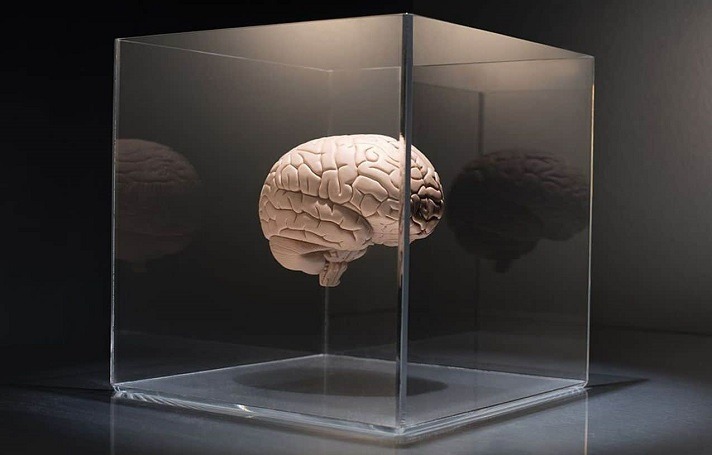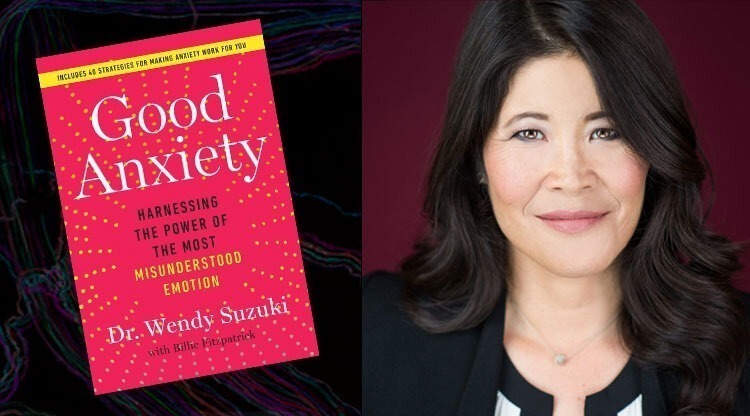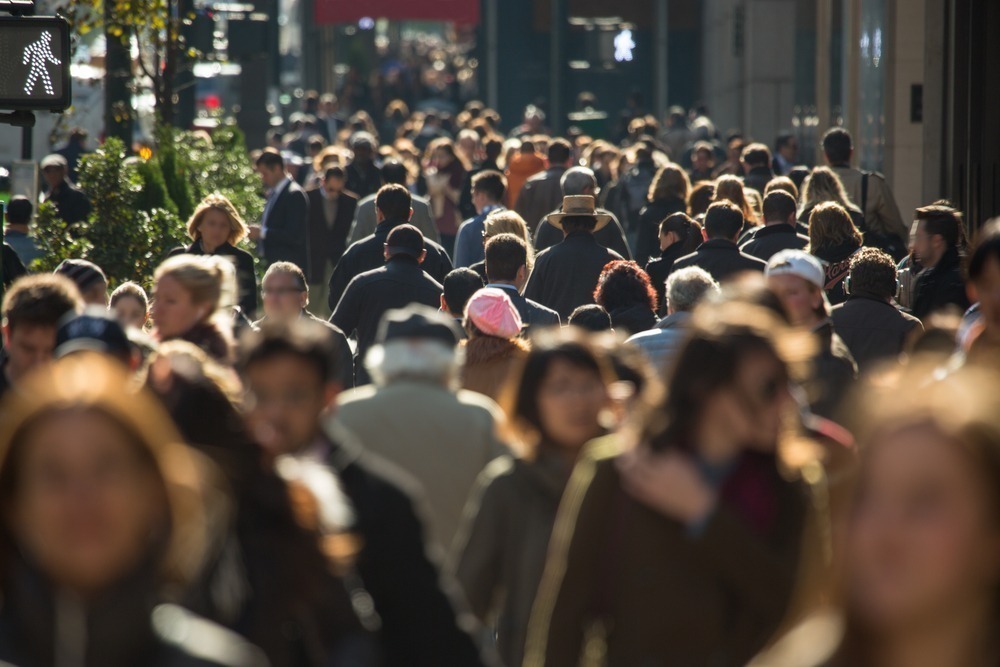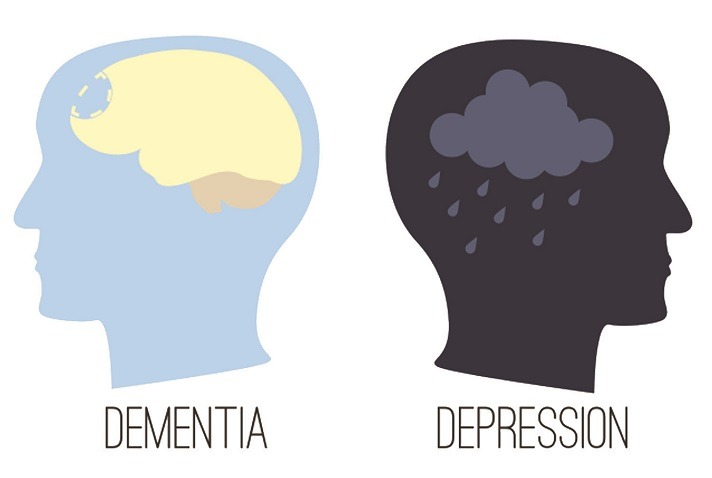Posts Tagged ‘hippocampus’
Ballroom dancing can reduce aging-related brain atrophy in the hippocampus (and, more than treadmill walking!)
Social ballroom dancing can improve cognitive functions and reduce brain atrophy in older adults who are at increased risk for Alzheimer’s disease and other forms of dementia. That’s the key finding of my team’s recently published study in the Journal of Aging and Physical Activity. In our study, we enrolled 25 adults over 65 years…
Read MoreLarge neuroimaging study finds social isolation to be an early indicator of increased dementia risk
Why do we get a buzz from being in large groups at festivals, jubilees and other public events? According to the social brain hypothesis, it’s because the human brain specifically evolved to support social interactions. Studies have shown that belonging to a group can lead to improved wellbeing and increased satisfaction with life. Unfortunately though, many…
Read MoreQ&A with Dr. Wendy Suzuki on the parasympathetic nervous system and harnessing anxiety for good
Anxiety can feel like a heavy weight that we didn’t ask to carry. Who wouldn’t love to get rid of it? But neuroscientist Wendy Suzuki wants to challenge the way we look at our anxiety. In fact, her new book is called Good Anxiety: Harnessing the Power of the Most Misunderstood Emotion. If you’re skeptical, so…
Read MorePromote brain plasticity and keep your mind at ease by taking your daily “exercise pill”
As with many other physicians, recommending physical activity to patients was just a doctor chore for me – until a few years ago. That was because I myself was not very active. Over the years, as I picked up boxing and became more active, I got firsthand experience of positive impacts on my mind. I…
Read MoreThe neuroscience behind why our brains will need time to adjust to ‘un-social distancing’
With COVID-19 vaccines working and restrictions lifting across the country, it’s finally time for those now vaccinated who’ve been hunkered down at home to ditch the sweatpants and reemerge from their Netflix caves. But your brain may not be so eager to dive back into your former social life.
Read MoreDebate: Are depression and dementia two sides of the same coin? And, if they are, how to best approach treatment?
Every seven seconds, someone in the world is diagnosed with dementia. A typical case that I often see in my practice is as follows: A 76-year-old woman has a two-year history of progressive worsening of short-term memory and cognitive decline. She can’t recall the names of her grandchildren and is devastated by her deteriorating abilities.…
Read More
